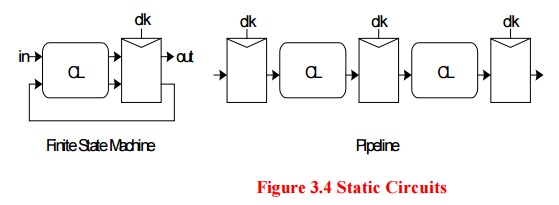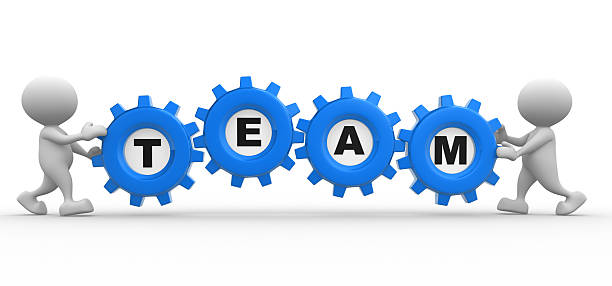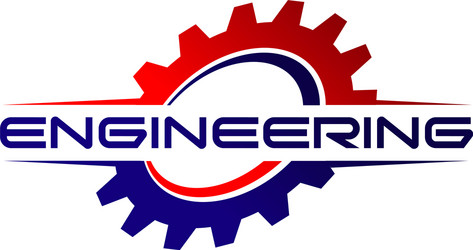q Combinational logic
– output depends on current inputs
q Sequential logic
– output depends on current and previous inputs
– Requires separating previous, current, future
– Called state or tokens
– Ex: FSM, pipeline

§ If tokens moved through pipeline at constant speed, no sequencing elements would be necessary
§ Ex: fiber-optic cable
§ Light pulses (tokens) are sent down cable
§ Next pulse sent before first reaches end of cable
§ No need for hardware to separate pulses
§ But dispersion sets min time between pulses
§ This is called wave pipelining in circuits
§ In most circuits, dispersion is high
§ Delay fast tokens so they don’t catch slow ones.
§ Use flip-flops to delay fast tokens so they move through exactly one stage each cycle.
§ Inevitably adds some delay to the slow tokens
§ Makes circuit slower than just the logic delay
§ Called sequencing overhead
§ Some people call this clocking overhead
§ But it applies to asynchronous circuits too
§ Inevitable side effect of maintaining sequence

